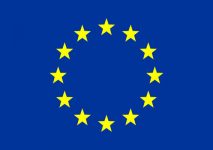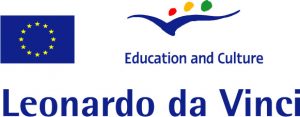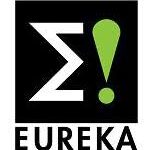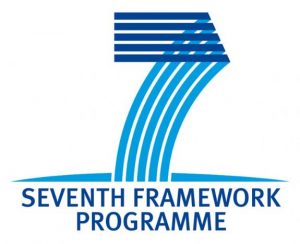
EU Programme
Erbil provides European Commission programme consultancy establishing and making of innovative research and technological development projects for and with our customers and business partners. Erbil has been formed very well to offer expertise in all aspects of EC Programmes and actions, starting from the proposal ideas and through formation of consortia, identification of strategic partners, cost model calculations and budgeting, proposal preparation, submittal and tracking. This allows assisting organizations to succeed in EC programmes with maximum benefit and aggravation.

Lifelong Learning Programme
The Lifelong Learning Programme comprises four sectoral sub-programmes on;
1 school education (Comenius),
2 higher education (Erasmus),
3 vocational training (Leonardo da Vinci) and
4 adult education (Grundtvig).
LLD is completed by a transversal programme focusing on policy cooperation, languages, information and communication technology and dissemination and exploitation of results. Finally, a Jean Monnet programme focuses on European integration and support for certain key institutions and associations active in the field.
ERBIL currently deals with Leonardo da Vinci pilot projects because this is the European community’s vocational training programme. It encourages collaboration between organisations involved in vocational training, aiming to improve the quality of training provision, develop the skills and mobility of the workforce, stimulate innovation and enhance the competitiveness of European industry.

Leonardo da Vinci Program
The Leonardo da Vinci Program is the European Union’s vocational education activity program; Is a program that promotes European-level co-operation between vocational education institutions aiming to increase the quality of education, to improve the skills and mobility of the workforce, to encourage innovation and to improve the competitiveness of the European industry. One of the basic conditions for all projects that embrace this aim and is implemented within the framework of the program is the establishment of partnerships in cooperation between countries operating in the field of vocational education and training in different participating countries. In this framework, training standardization work to inform technical and administrative personnel on the issues of i) solid waste management and ii) reduction of losses in drinking water distribution networks has been started in Turkey by ERBİL for the first time and innovative projects under the European Union Leonardo da Vinci Program .

EUREKA
Erbil’s company mission meets the one of EUREKA; to raise the productivity and competitiveness of Europe ‘s industries and to boost national economies on the world market, and hence strengthen the basis for lasting prosperity and employment.
The intergovernmental EUREKA initiative is continuing to prove highly effective in mobilizing Europe ‘s capability to innovate. This decentralized network enables SMEs and large companies, research centers, universities and national administrations to join forces in realizing near-market research and development through trans-national collaborative projects. The results are seen in a dramatic transformation of key industry sectors, and in hundreds of new products, materials and processes that are adding significantly to the quality of everyday life for us all.
In addition to individual innovative projects, Erbil promotes the creation of thematic networks focusing on specific technological or business areas. The main goal is to foster the generation of EUREKA projects in the relevant fields.
ERBIL’s global vision is to raise the image of EUREKA and to strengthen its contribution to the emerging European Research Area by establishing closer links with other European programmes and particularly with the FP7. This vision aims at supportsing the new Action Programme proposed by the European Union to tackle the shortfall in R&D investment needed to meet the goals of the EU Lisbon strategy.

